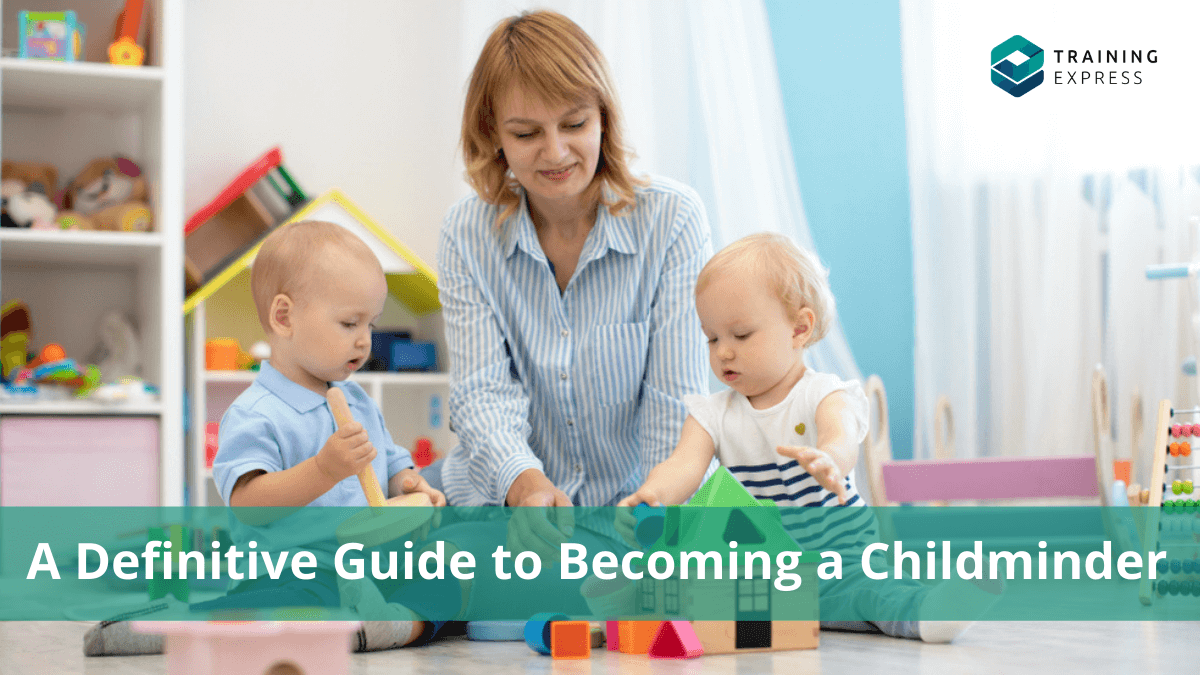Well in childminding, there is always room for improvement and learning. Here are a few tips you can follow to maximize your childminding business.
1. Advertising your business
In businesses like Childminding, word of mouth is your most powerful marketing tool. Once a few parents are using your service (and you are impressed) the word will spread very quickly.
Until your business is popular, create a strong web presence to let people find you. Without advertising, people may not know that you are providing childminding services. Therefore, create a website or a Facebook page with all the information your customers might be interested in from pricing to your qualifications.
2. Provide a friendly learning environment
You should prepare a play-based curriculum for young children; whose aim is to make excellent progress on children’s all-round development. Teaching them new things and supporting their ongoing interests in a friendly environment is very important for the early years. This is necessary for their cognitive development.
3. Continuous training
Well, if you want to take proper care of young children, you need to know as much as you can. Improving your knowledge and skills will help you in emergencies and learning new things. For continued development, you can attend courses like Child Development online. You should also keep your knowledge up to date on topics like child welfare, protection and better care options.
4. Use project management software
It can be a very useful tool for keeping track of everything. You’ll be able to see how well your settings are doing at a glance. You can use it to create timelines or keep track of daily activities such as schedules, routines, etc. Using project management software makes you more organised and efficient.


